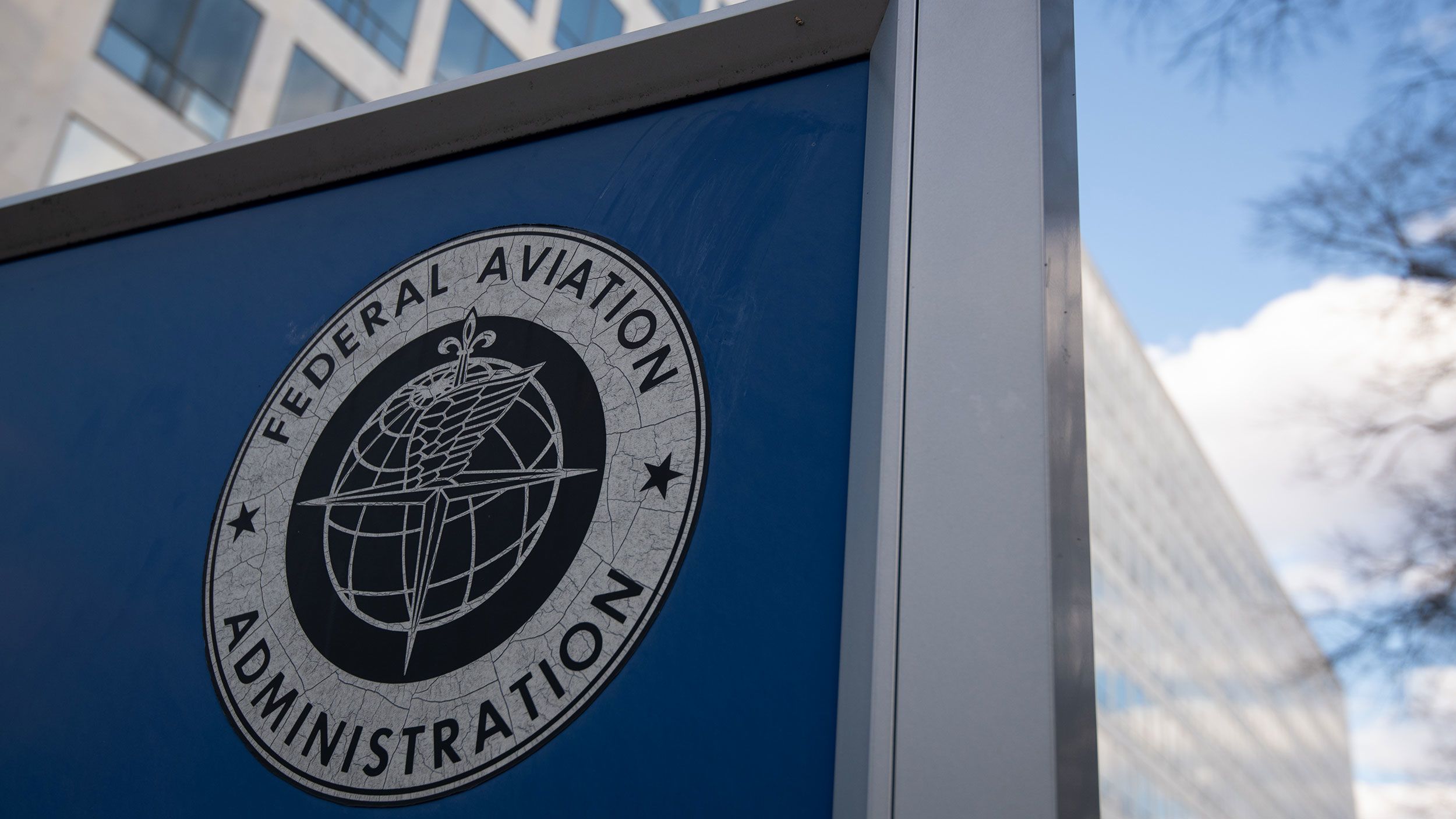The United States Federal Aviation Administration delisted Nigeria from Category One Status of the International Aviation Safety Assessment program, according to the Nigeria Civil Aviation Authority, because no Nigerian airlines have been operating direct flights to the United States for two years.
This implies that unless Nigeria is re-audited, re-certified, and granted its previous status by the USFAA, Nigerian carriers will not be permitted to operate directly to any US city or airport.
After a rigorous five-year process, Nigeria was granted USFAA CAT One Status in August 2010. However, reports claimed the nation lost the grade as a result of a combination of factors including a decline in quality and the inability of any Nigerian airline to operate directly to the US for seven years.
Nigeria, like most other countries, must obtain Category One Status and complete the International Aviation Safety Assessment Programme to operate in the United States of America, according to a swift response from the NCAA through a statement personally signed by acting Director-General Chris Najomo.
“Upon attaining this status, Nigerian airlines would be permitted to operate Nigerian registered aircraft and dry-leased foreign registered aircraft into the United States, in line with the existing Bilateral Air Services Agreement.
“The first time Nigeria attained Category One Status was in August 2010. The US Federal Aviation Administration conducted another safety assessment on Nigeria in 2014. A further safety assessment was conducted on Nigeria in 2017, after which Nigeria retained her Category One status.
“However, with effect from September 2022, the US Federal Aviation Administration de-listed Category One countries who, after two years, had no indigenous operator providing service to the US or carrying the airline code of a US operator,” the NCAA stated on Monday.
It added, “Also removed from the Category One list were countries to who the FAA was not providing technical assistance to based on identified areas of non-compliance to international standards for safety oversight.
“No Nigerian operator has provided service into the United States using a Nigerian registered aircraft within the two years preceding September 2022. So it was expected that Nigeria would be de-listed as were other countries that fell within this category. Nigeria was, therefore, de-listed in 2022 and was duly informed of this action in 2022.”
Delisting the nation, he said, does not count as a safety offence against any Nigerian airline because the nation’s aviation industry has undertaken the required safety and security audits.
“It is important to clarify here that the de-listing of Nigeria has absolutely nothing to do with any safety or security deficiency in our oversight system. Nigeria has undergone comprehensive ICAO Safety and Security Audits and recorded no Significant Safety Concerns or Significant Security Concerns respectively.
“It is furthermore necessary to add that a Nigerian operator can still operate in the US using an aircraft wet-leased from a country that has a current Category One status,” Najomo noted.

